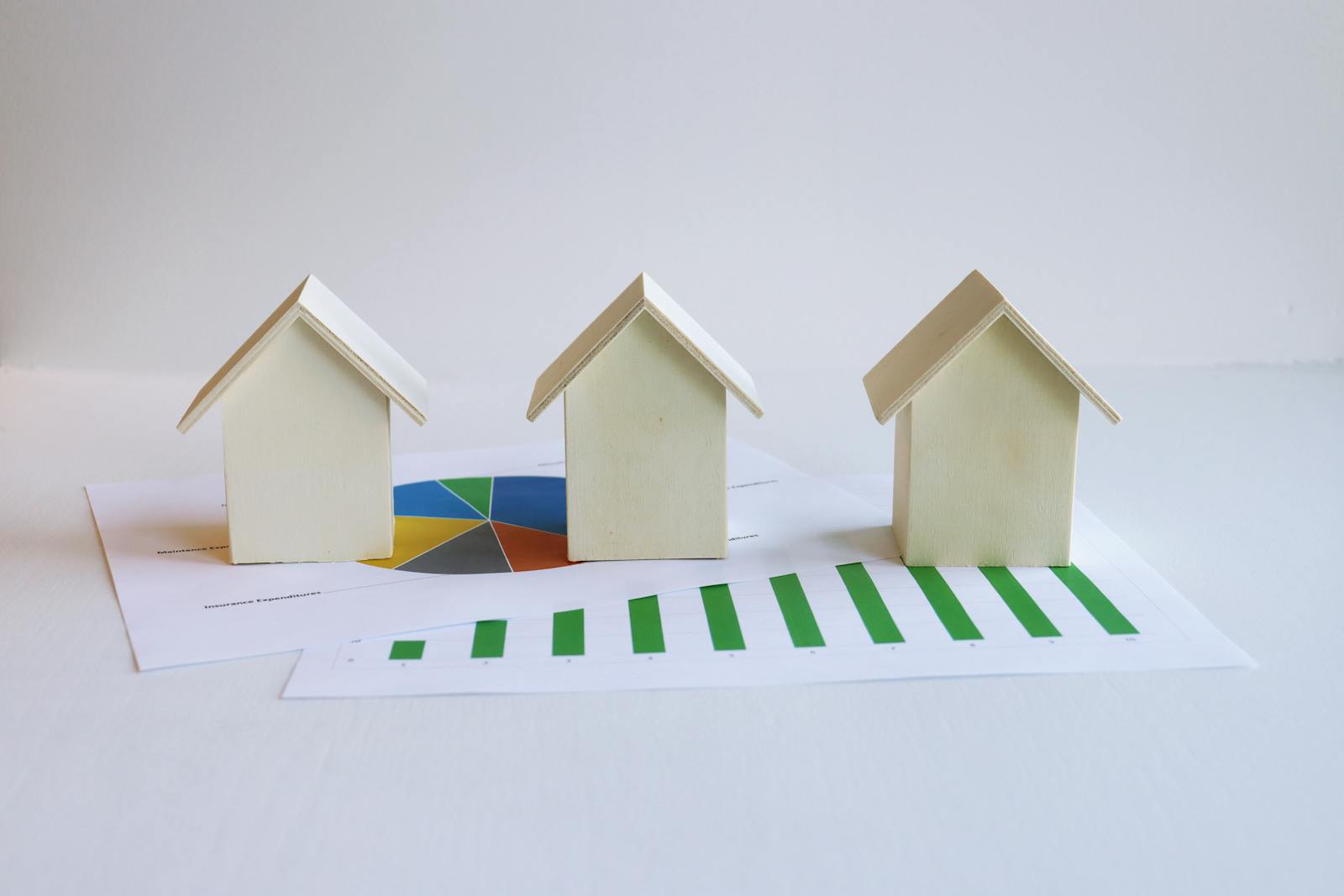6. Set a Realistic Budget
🔹 Use a mortgage calculator to determine what you can afford.
🔹 Factor in property taxes, maintenance, and utility costs.
🔹 Stick to a comfortable price range to avoid financial stress.
7. Get to Know the Local Market Conditions
🔹 Understand if it’s a buyer’s or seller’s market.
🔹 Watch for seasonal trends—some months may offer better deals.
🔹 Ask your realtor for recent comparable sales in the area.

8. Consider Future Resale Value
🔹 Look at historical price appreciation in the area.
🔹 Buy a home with features that are always in demand (e.g., good schools, garage, backyard).
🔹 Avoid over-customization that might make resale harder.
9. Review Your Credit Score & Debt-to-Income Ratio
🔹 A higher credit score can get you better mortgage rates.
🔹 Pay down existing debts to improve your borrowing capacity.
🔹 Avoid opening new credit accounts before closing on a home.
10. Think About Long-Term Needs
🔹 Will your family grow? Consider extra bedrooms and space.
🔹 Do you need to be close to schools, work, or public transport?
🔹 Plan for lifestyle changes like remote work or aging parents.

